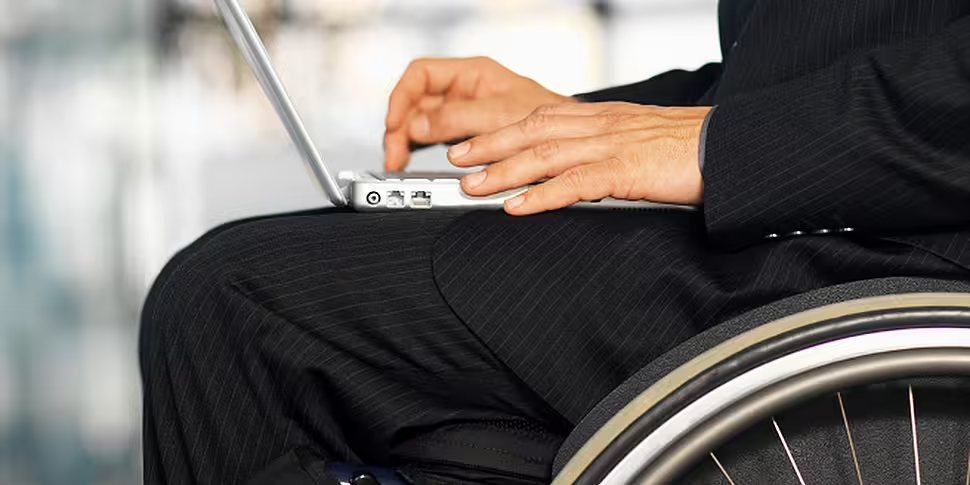‘You work? In a real job? Wow. That’s amazing.’
Many disabled people who have paid employment face this line of inane questioning at some point in their working career.
Thankfully the frequency of the query is becoming less but it may represent an attitude. Disabled people are seen as passive recipients of alms. Once they are in the system, we forget about them. As for those in work, they are elevated to hero status just because they found a way of doing something which is, in every other context, normal.
What this view of disability fails to see is that the welfare-bound disabled person and the seemingly productive tax-paying disabled person have something in common. Their disability adds costs to they day-to-day lives that other members of society simply do not have.
The arguments for and about ‘the costs of disability’ have been made before. As far back as 1996, the Commission on the Status of People with Disabilities said addressing the issue was crucial. This was in the early years of our fabled boom so the country was beginning to be awash with cash. Then out of left field a voice of reason boomed.
‘We can’t do that. It would bankrupt the country. Every other minority would look for the same thing. No, no, no’?
Where did the voice come from? Why, the Department of Finance of course. Yes the actual group of folk who were, at best, active participants in bankrupting the state without any disabled people in sight.
Fiscal responsibility is our middle name.
That’s the history lesson over.
Thanks to the great folk at Inclusion Ireland, the issue will return to public consciousness as they host a major one day seminar on the subject on Thursday. Their list of speakers is impressive as it has an hard edge to it. An economics lecturer and a staffer from the ESRI will give weight with their findings.
Here’s what we can expect:
"Dr. John Cullinan from NUI, Galway will show new research fro Ireland which estimates the direct costs of disability as 35.4% of disposable income, or €207 per week for the average disabled household.
"Dr Cullinan’s analysis shows that the economic cost of disability in Ireland is large and has a significant negative impact on the living standards of the disabled and their families. It suggests that current policy in Ireland does not go far enough in addressing the impact of these extra costs and that it is time to think again about the introduction of a cost of disability payment for those most adversely impacted by such costs.
"The conference will hear that people with a disability are twice as likely to experience poverty than people without a disability due to the extra costs of having a disability and that official poverty measurements do not include these costs. As such, the actual number of people with a disability experiencing poverty are much higher than official statistics.
"If you don’t believe the academics, there are contributions from disabled people themselves. Eileen Daly is a qualified guidance counsellor and has a well-paid job in TCD and yet she will say:
"'The hidden costs of disability are a reality. I work full-time, I have a well-paid job, I love what I do but I have hidden costs. My adapted vehicle costs me more to buy, if I want to go out in the evening or go on holiday, I automatically pay for two because my PA is working with me to support me. My heating costs are higher and I frequently have to buy additional medical items due to my disability. I want to work and I will continue to do so. I want to pay my way and support myself.'"
That is the crux of it. Addressing the costs of disability is not about cuddling a disabled person. Addressing it will help us be even more productive. It is not a cost it is an investment.









